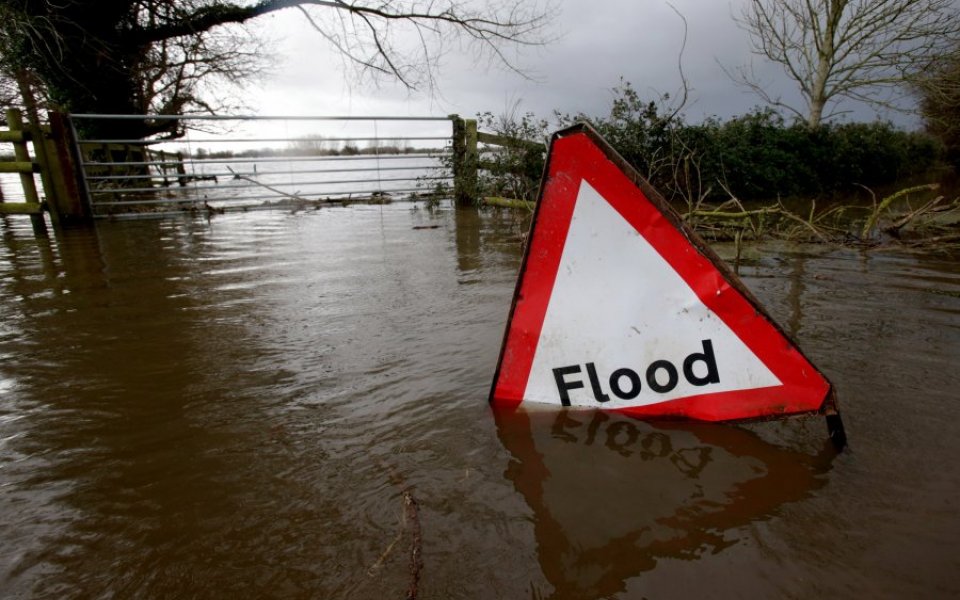Flood-o-nomics: Why floods such as those in northern England, Scotland and Ireland keep affecting so many people

The rain that fell during the last few weeks has resulted in widespread flooding across northern England, Scotland and Ireland.
But the misery that these floods are inflicting is part of a major global problem. Over the past 30 years, floods that took place around the world killed more half a million people and displaced more than 650m people.
In a new study published by the Centre for Economic Performance (CEP), we examine why so many people are hit by floods year after year. In particular, we ask whether urban populations respond to massive floods by moving to safer areas.
We study the effects of more than 50 large floods, which displaced at least 100,000 people each, in over 1,800 cities in 40 countries from 2003 to 2008.
We find that low-lying urban areas are hit much more often by large floods, and yet they have a higher density of economic activity. When cities are hit by large floods, these low-lying areas also sustain more damage – but like the rest of the flooded cities, they recover rapidly and economic activity does not move to safer locations.
Read more: Storm Desmond could cost insurers between £175m and £250m
So why do people not respond to floods by moving to safer areas?
Part of the problem is that many historical cities were built near rivers and coastlines, and for many centuries they benefited from lower transport costs. Nowadays modern land transportation makes these historical benefits less important, while rising sea levels and a changing climate are putting more of these cities’ residents at risk of flooding.
But history is not the only reason why flood-prone locations are overpopulated. Since the responsibility for building and maintaining flood defences and compensating flood victims often falls to the government, private developers do not internalise the full cost of building on cheap land in flood prone areas.
As a result, too many homes are built in areas that are prone to flooding. Many people, who are trying hard to find new homes in a tight housing market then move in, and the population at risk of flooding keeps growing. To contain this problem we should, at the very least, tighten the control over construction in flood prone areas.